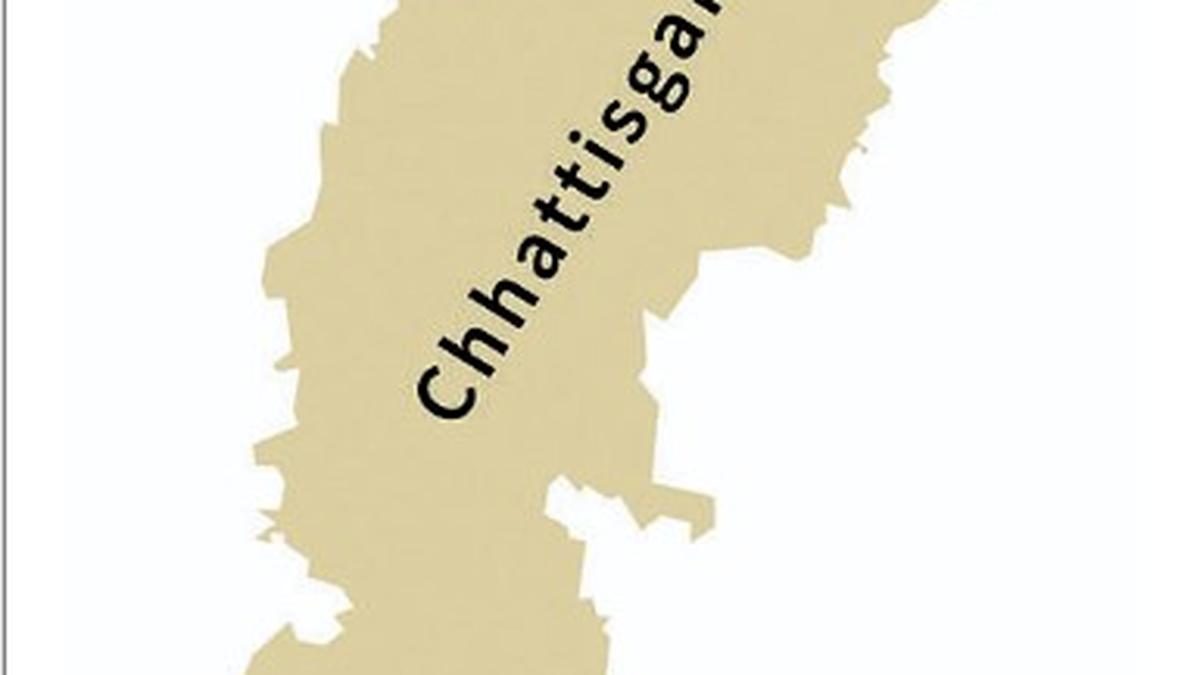Abujhmad, a dense and nearly impenetrable forest region, is the only largely unsurveyed area in the country. Even its name suggests the difficulty of the terrain: Abujhmad means ‘incomprehensible plateau’ in Hindi. According to the 2011 Census, the area is home to 40,000 residents, who are Abujhmadiya tribal people. This is one of the seven Particularly Vulnerable Tribal Groups in Chhattisgarh. The Abujhmadiyas are sub-tribes of the Gond tribe. Abujhmadiyas say that Abujhmad is a Gondi word that translates into ‘sal forest’.
In colonial India, the British categorised some areas of the country as ‘excluded areas’ and some others as ‘partially excluded areas’ under the Government of India Act, 1935. These areas were left untouched. Abujhmad was an ‘excluded area’ although the British did conduct a land survey there in 1873. In independent India, the fruits of development did not reach Abujhmad. The region has therefore not seen the negative consequences of development either. Maoists took advantage of the lack of developmment and made Abujhmad their unofficial headquarters. They termed it a “liberated zone”.
Union Home Minister Amit Shah has said that the Maoists would be eliminated by March 2026. So Abujhmad is about to be liberated again, but this time from the Maoists. What will this liberation look like? The idea is to build new roads, police stations, schools, hospitals, and mobile towers. The work on some of these has already started. Over the last few years, iron ore is being mined from the periphery areas of Abujhmad. Now, it is set to happen inside Abujhmad as well. But will the law be followed?
The Scheduled Tribes and Other Traditional Forest Dwellers (Recognition of Forest Rights) Act, 2006, gives special rights to forest-dwelling communities. In 2019, when Abujhmadiyas made efforts to apply for habitat rights, the Maoists threatened the head of their samaj with death. The State government also did not cooperate with the tribal people. Will that change now?
The Abujhmad forest area is larger than Goa. It is spread across three districts in Chhattisgarh — Narayanpur, Bijapur, and Dantewada — and one of Maharashtra — Gadchiroli. As part of its anti-Maoist strategy, the Indian Army once planned a manoeuvring range in Abujhmad. This plan has not been abandoned yet.
Abujhmad also produces what is possibly the purest form of organic food. Will there be efforts to leverage this unique opportunity? Or will the region be flooded by modern fertilizers and pesticides with the help of the new roads and markets?
In the sal forest of Abujhmad, mahua trees flourish. Like many other Adivasi women, Abujhmadiya women also collect mahua flowers and make liquor out of it. Will there be efforts to establish an Abujhmad Mahua Union Limited, akin to Amul, so that Abujhmadiya mahua liquor can be sold worldwide and the profit can go to Abujhmadiya mahua collectors? If liberation means only opening a mahua liquor factory, that may not help the Abujhmadiyas much.
CGnet Swara, an NGO I founded, is trying to start a platform called Abujhmad AI-R (Artificial Intelligence Radio). This will have an AI agent which will ask hundreds of Abujhmadiyas about their problems and what development they wish to see in their region. A radio programme will be made from this and taken to government officials. Will the officials listen to their voices?
Deep inside Abujhmad, an Adivasi Maoist once told me, “We are not ‘terrorists’; we are journalists like you. We use guns to make loud noises like Bhagat Singh because the media does not listen to us. Can you come up with a media that is not owned by a few and gives equal respect to all?”
As per the Gondi religion, the journey of mankind started from a hill inside Abujhmad called Verwakot. When the world got inundated, only Verwakot was not submerged. Believers say that the first Shiva, who they also call Badadev, survived by floating on a Tumba, or a boat made of big bottle gourd. According to these oral Gondi stories, there were 84 Shivas who they call Shambhu Shek. Can habitat rights give Abujhmadiyas the right to say ‘no’ if there is a proposal to mine Verwakot? Will the rights of the people be respected in liberated Abujhmad? These are questions to ponder.
Shubhranshu Choudhary is a journalist
Published – June 18, 2025 12:15 am IST
